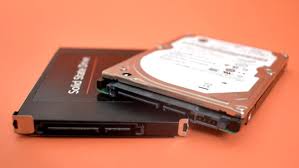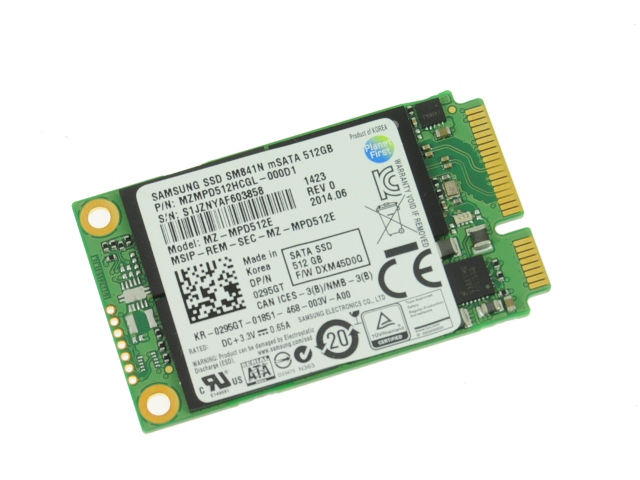Things to consider when buying a laptop - 6. Storage
Article Index
6. Storage
Hard drives used to be all the rage, but these days they’ve mostly out of favour, especially for thin and light laptops. This is because they can be slow, somewhat bulky, and produce noticeable heat and noise.
A solid state drive (SSD), on the other hand, offers a lot more speed than a hard drive, runs silently, and can be installed in a form factor that doesn’t add too much to the weight and bulk of a laptop. As a result of these clear benefits, most OEMs have embraced SSD storage as the standard for laptops.
Stick to an SSD for your new laptop and you’ll love the speed with which it can load programs, access your data, and also how quickly it can boot up your system.

To compensate, many laptop and PC OEMs now pair a smaller SSD with a larger hard drive. This allows consumers to get the speed benefits of keeping their operating system on SSD storage while also having adequate storage space for the rest of their data.
The newest, fastest laptops also have NVMe solid-state drives which are much faster than traditional SSDs but also more expensive.







